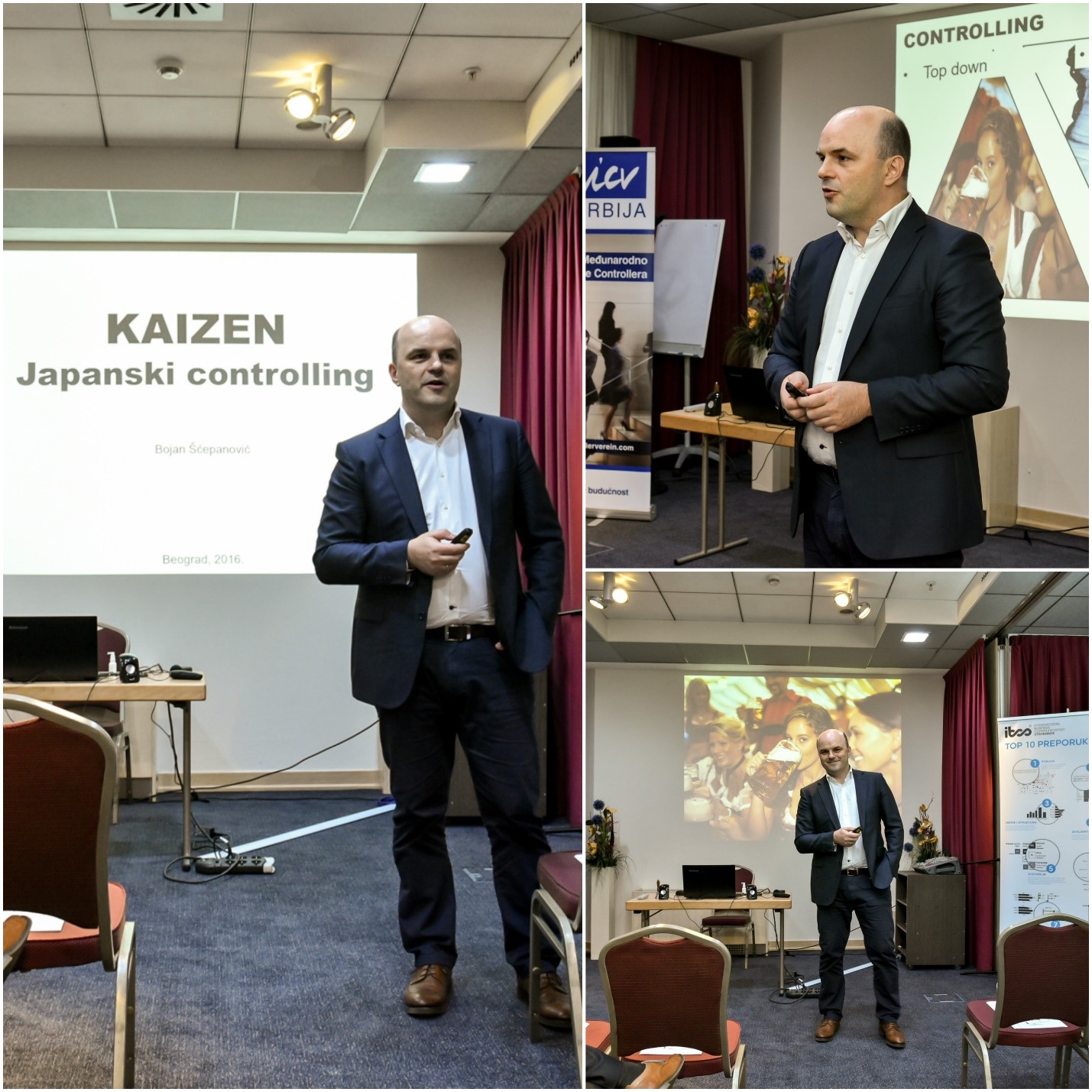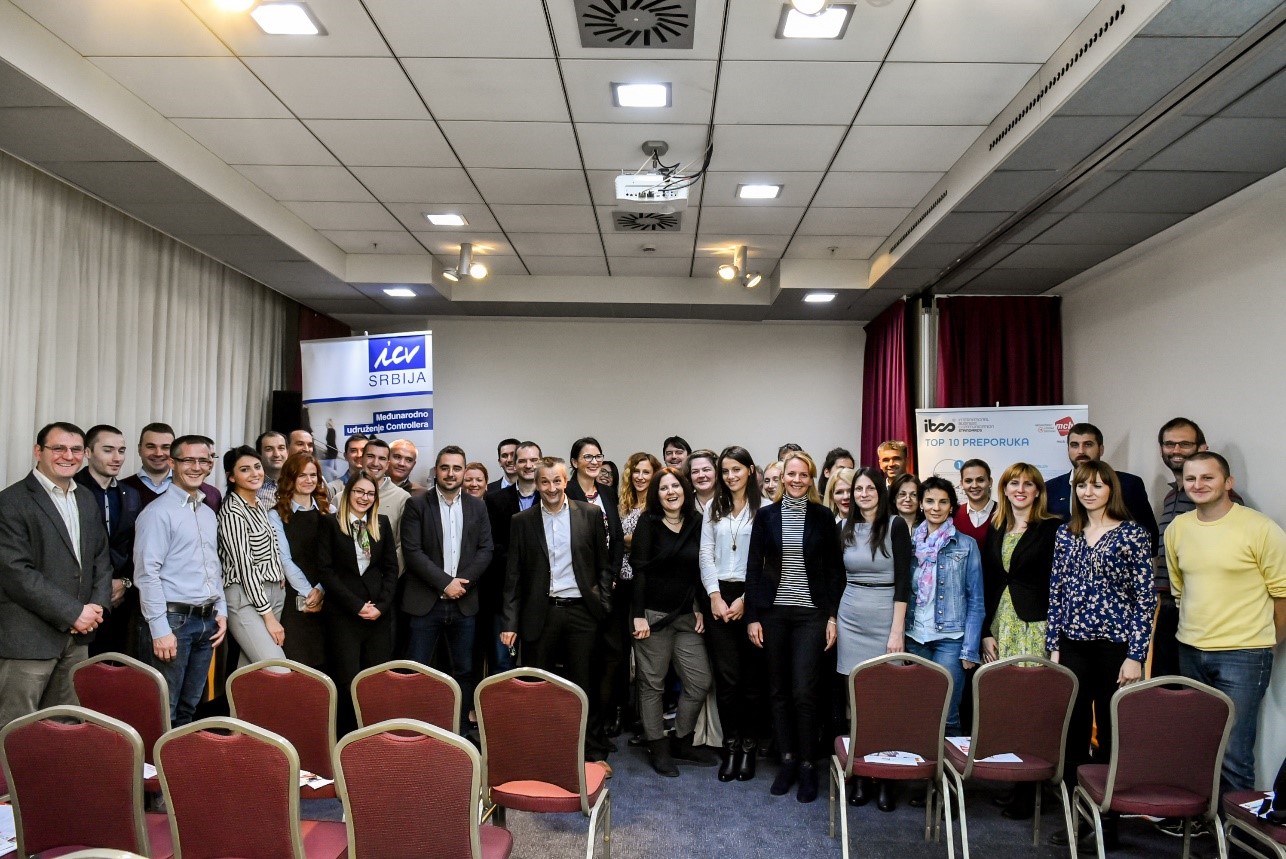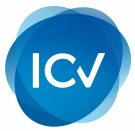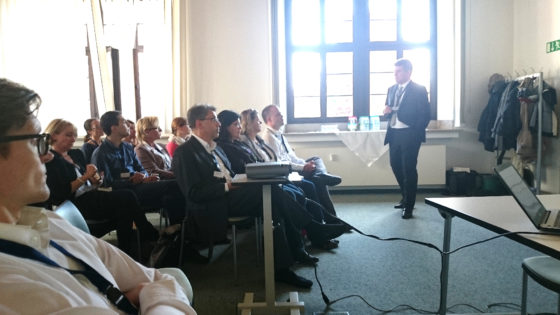The 30th ICV Serbia Meeting was organised on October 27, at the Holiday Inn Hotel, Belgrade. The topic of the meeting was “Kaizen – Japanese Controlling”, and the meeting itself was attended by over 80 controllers.

The meeting was opened by Bojan Šćepanović, President of the ICV Serbia and Manager of the Management Centre Belgrade. In his unique and original manner, Bojan opened the meeting with a brief presentation about Kaizen, Japanese philosophy of increasing productivity that he wants to bring closer to the companies in Serbia. Kaizen originated from Japan and is usually linked for most manufacturing companies. Also, Bojan has officially announced the opening of the Kaizen Institute of Serbia with him as a director. Kaizen Institute of Serbia will help develop Kaizen philosophy through training, consulting and publishing.
Following his presentation, Bojan announced four key speakers who described how Kaizen was implemented in their companies:
- Vladan Matović, Production Manager, Strauss Adriatic
- Nikola Marjanović, Process Manager, BG Reklam
- Maja Mrkalj, HR Manager, Dr. Oetker
- Maja Šobot, CI Specialist, Carlsberg Serbia
Vladan Matović presented his Kaizen experience to the audience throu
gh the production processes at Strauss Adriatic. Vladan underlined that being good is not enough, companies must strive to perfection in every aspect in order to survive in the market. Better quality requires:
- focusing on processes,
- engaging all employees and
- reducing losses.
Strauss Adriatic gradually engages its employees to contribute with their ideas to small improvements in their production zone as well as in other parts of the factory. Because of this, number of accepted proposals grows year after year and that the quality of the proposals increases. Kaizen is present in Strauss Adriatic since 2011 and they are just begin to fully implement Kaizen philosophy in their company.
Nikola Marjanović, Process Manager, BG Reklam, has been applying Kaizen philosophy at his company for many years now. Nikola followed up the presentation of the previous speaker and emphasised that it was important to involve the employees in each step of the Kaizen implementation. At BG Reklam, they do this using various Kaizen tools such as 5S, SMED, kanban, OEE, value stream mapping etc. It is important that certain “small” changes gradually take place, which will facilitate certain processes to all at the company or make them more efficient.
After the two excellent lectures, the controllers took a break to have a cup of coffee and socialise. After the break, Maja Mrkalj, HR Manager, Dr. Oetker, captured the controllers’ attention with her excellent and vigorous performance.
Maja pointed out that they at Dr. Oetker constantly worked on improvement of not only the staff but also corporate culture and processes. They want to develop:
- competitive staff,
- transparent system and
- to establish formal communication channels.
From May until September 2016, they at Dr. Oetker got a strong feedback from their employees in the form of 148 proposals, 39 of which were approved and as many as 27 were translated into new rules as part of the corporate culture at this company. Precisely in this manner, the people can, with their creativity, make an impact on their environment and the improvement of processes in their environment.
The last speaker was Maja Šobot, CI Specialist, Carlsberg. Maja said that the management’s commitment to successful introduction of Kaizen had to be reflected in their exemplary behaviour at the workplace.
Then she spoke about Kaizen tool – SMED (Single Minute Exchange of Dies), a method for the reduction of time needed for changing format parts and/or materials, production start and repetitive tasks. SMED aims to reduce, in a safe and quality manner, the time needed for changing format parts, going through all activities from the last pallet of one product to the first pallet of the next product.
Maja pointed out several reasons why it’s necessary to use the SMED:
- Because it reduces the time needed for changing format parts.
- Increases the quality.
- Defines clear roles and responsibilities.
- A stress-free process.
- Leads to OEE improvement through reduced time needed for changing format parts.
This was how the 30th ICV Serbia Meeting looked like – five great speakers who talked about Kaizen – Japanese controlling. We eagerly await the 31st ICV Serbia Meeting. See you!



